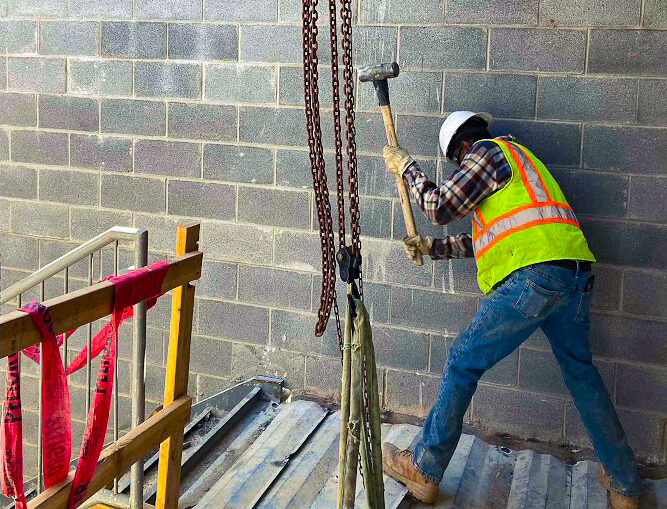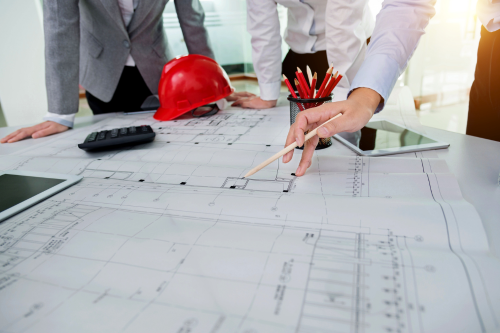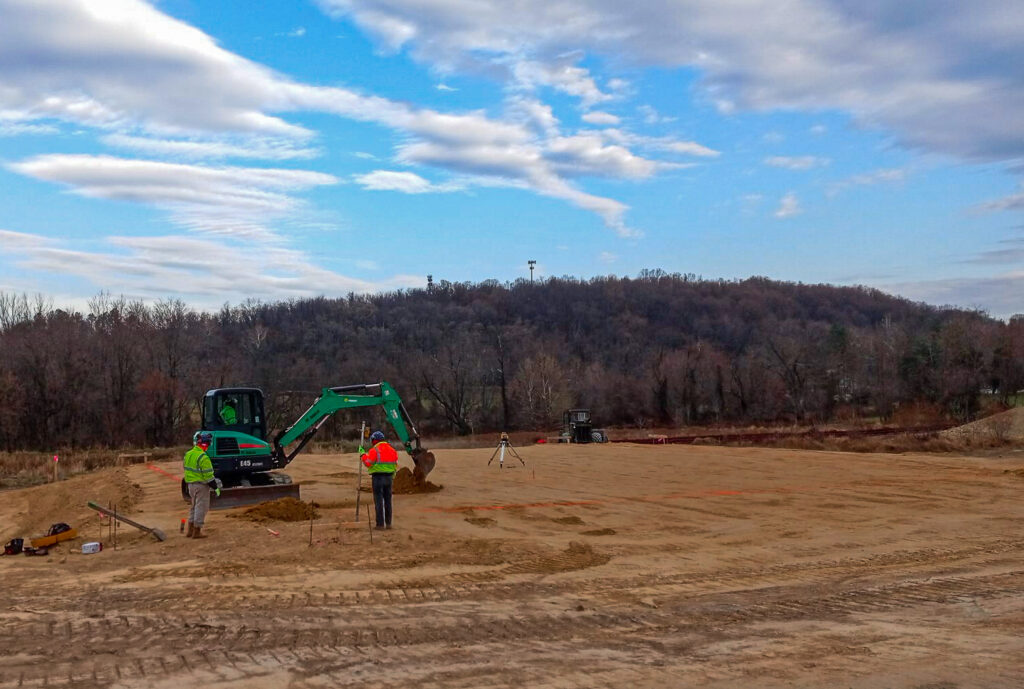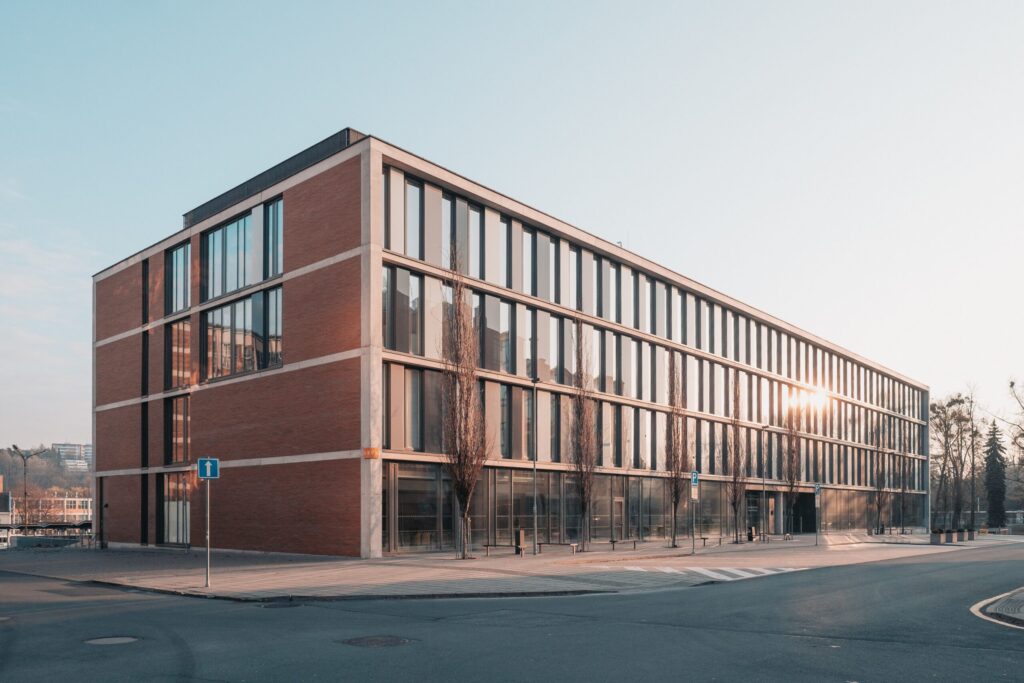We are thrilled to announce a significant addition to the Contour Construction LLC family: Joshua Bell has joined us as the new Director of Business Development! With over 13 years of experience in business development, marketing, and sales, Joshua brings a wealth of knowledge and a proven track record of success to our team.

Joshua’s Impressive Background
Joshua comes to us from his previous role as Director of Business Development & Marketing / Chief Growth Officer, where he led a project management team and significantly enhanced the company’s business development and marketing efforts. Under his leadership, the company experienced remarkable revenue growth and substantial increases in digital engagement and client acquisition. His innovative strategies and dedication to client engagement have consistently delivered outstanding results.
CEO’s Exciting Announcement
“We are excited to have Joshua Bell join Contour Construction LLC,” said Christopher Parsell, CEO of Contour Construction LLC. “His extensive experience and impressive achievements in business development and marketing make him an invaluable addition to our team. We are confident that Joshua will drive our business growth and help us achieve our goals.”
Joshua’s Role and Vision
In his new role at Contour Construction LLC, Joshua will be responsible for leading our business development initiatives, cultivating client relationships, and driving revenue growth. His expertise in strategic planning, market expansion, and digital marketing will be instrumental in achieving our company’s objectives.
Joshua holds a Bachelor of Science in Business Administration from the University of Maryland, an Associate of Applied Science in Computer-Aided Design from Howard Community College, and several certifications, including from Harvard Business School, ABC Greater Baltimore, and HubSpot Academy. His comprehensive skill set includes strategic marketing, project management, digital marketing, SEO, and sales performance analysis, among others.
What This Means for Our Customers, Vendors, and Subcontractors
With Joshua Bell joining our team, our customers, vendors, and subcontractors can look forward to even more robust and dynamic partnerships. Joshua’s extensive background in client engagement and strategic growth means that we will be better positioned to understand and meet your needs.
For our customers, this translates to enhanced service offerings, more innovative solutions, and a continued commitment to delivering high-quality projects on time and within budget. Joshua’s experience in digital marketing and SEO will help us to be more accessible and responsive to your needs, ensuring that your projects receive the attention and expertise we provide.
For our vendors and subcontractors, Joshua’s leadership will foster stronger collaboration and communication. His strategic planning and market expansion expertise will open up new opportunities for partnerships and growth, ensuring that we can collectively deliver exceptional results.
Joshua’s Excitement to Join Contour Construction
“I am excited to join Contour Construction LLC and look forward to contributing to the company’s continued success,” said Joshua Bell. “I am eager to work with the talented team at Contour and leverage my experience to drive growth and achieve our strategic goals.”
Join Us in Welcoming Joshua!
Please join us in welcoming Joshua Bell to Contour Construction LLC. For more information, feel free to reach out to Josh yourself! JBell@contour-gc.com
About Contour Construction
Contour Construction stands as an esteemed and forward-thinking Commercial General Contractor, celebrated for its unwavering commitment to quality, resilience, and client fulfillment. Demonstrating an impressive portfolio of completed projects, our team of experts is dedicated to pushing the boundaries of construction and architectural excellence.
Stay tuned for more updates as Joshua Bell begins his journey with us, and we continue to build and grow together!
Welcoming Joshua Bell: Our New Director of Business Development Read More »






